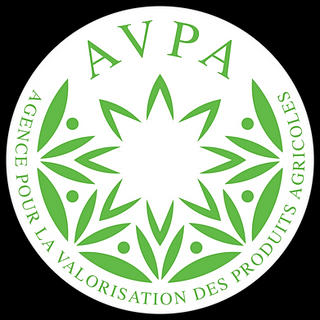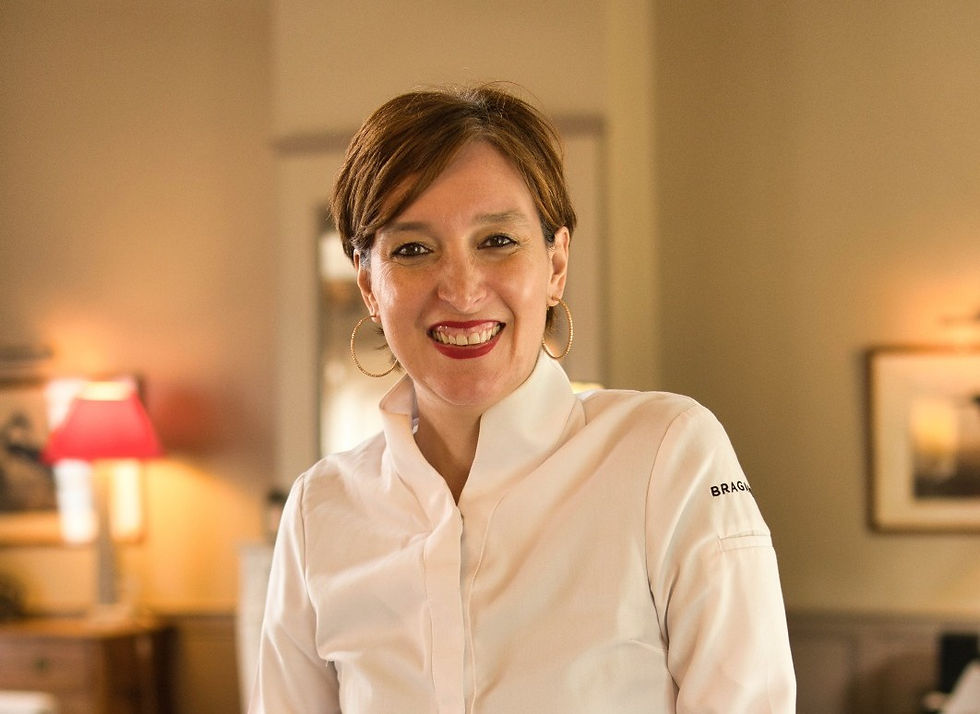The true value of quality: Why Exceptional Coffees Must Be Sold at a High Price
- Philippe Juglar
- May 14, 2024
- 3 min read

Among widely accepted ideas is the principle that high-quality products sell for higher prices, sometimes significantly higher than ordinary products. However, upon closer examination, specialty coffees seem to defy this rule. Specialized establishments don't sell them for more than an ordinary café sells its standard coffees; displays in large distribution stores offer a range much more based on ecological or humanitarian criteria than on truly gastronomic ones. Yet, the sector of truly exceptional quality coffees requires consumers to accept paying the fair price: a price that remunerates both the distributor's effort and that of the producers involved in the value chain.
Our reflection is based on French examples, specifically Parisian ones. We can later demonstrate that this analysis applies quite well globally to all markets. All products, starting with food products, offer buyers a price range corresponding to the quality scale recognized by consumers. This price range, the "price spread," represents how much the consumer recognizes and appreciates the product's quality.
Take wine, for example. In big retail chains, the cheapest wine is less than €2 per liter. The middle range ranges from €25 to €45 per 75cl. As for high-end wines, prices start at €91-100, with some bottles priced close to €150. So, if we express the price ratio between the most expensive wine and the cheapest wine presented in the aisle as a coefficient of K, then K is more than 74! And if we go to specialized shops and wine merchants, we can easily find bottles priced at €500, or even over €1000. This represents a coefficient K of over 500!
The case of cured ham is interesting. The Spanish have managed to valorize it. The K coefficient between the most expensive and the cheapest ham sold in large retail chains reaches 38.
Applied to coffee, the same reasoning reveals that the K coefficient between the cheapest (€1.25/250g) and the most expensive (€15/250g) offered by big retail chains in 250g packs is only 12. Moreover, as mentioned earlier, the highest prices are generally held by "organic" or "fair trade" coffees, which does not necessarily inform us about their taste qualities. In boutique stores, prices reach €15-20 and can occasionally peak at over €40, giving us a K coefficient of 50, far from what was found in the wine domain.
Loose-leaf tea fares no better than coffee. In big retail chains, the K coefficient is only 9! Even specialized stores seem to struggle to sell teas for more than €300/kg. This probably explains why the finest teas from China still haven't made their way into Europe.
If we observe out-of-home consumption, the price of a cup of coffee depends much more on its environment, its porcelain, and the establishment's ambiance than on the intrinsic quality of the coffee. Coffee served in Michelin-starred restaurants is a good example. Failing to defend the quality of the coffee served to the consumer, the establishment justifies the price with an accumulation of delicacies that don't necessarily add much to the tasting experience of a grand cru coffee. The same observation applies to specialty coffee shops. The desired simplicity and conviviality seem to prevent valuing coffee at more than €2.50 per espresso. But can we truly valorize the product's quality without a minimum of ceremony? Beyond the machine, should we not, for example, sophisticate the porcelain?
The establishment of a true specialty coffee market requires that consumers are willing to pay an adequate price for it. A first sign that this is now possible: we finally see major Parisian retailers, such as Monoprix, offering specialty coffee for nearly €15 per 250g. Let's hope that all professionals involved will unite their discourse so that consumers learn to savor and appreciate exceptional coffee (which is not always the case) and pay the right price for its excellence.










Comments